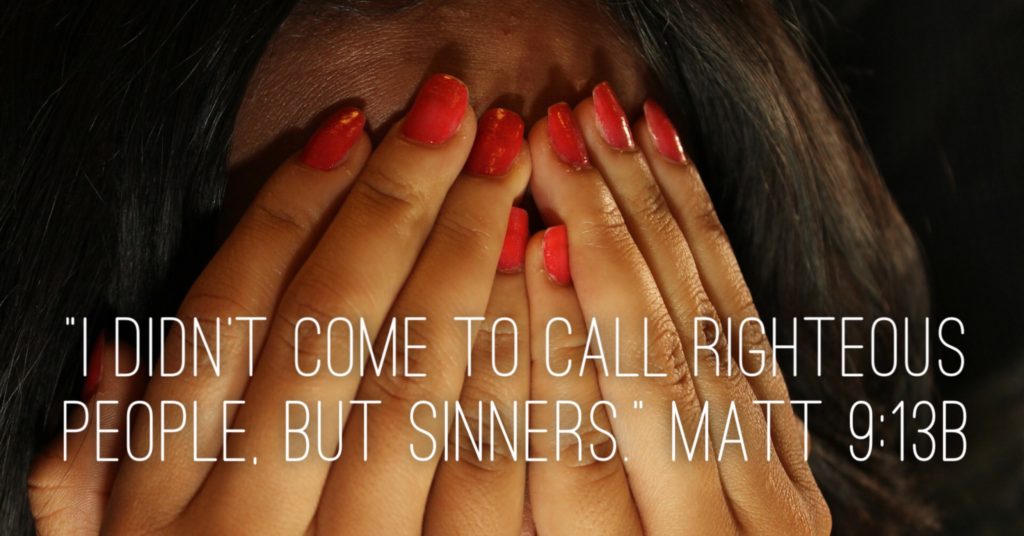
This week we continue our new sermon series on “How to Be a Christian in 7 Easy Steps.” Over the course of these several weeks, we will explore the core of our faith in what I hope will be an empowering, uplifting, and inclusive way of looking at our Christian theology. As a congregation that is both theologically and socially progressive, this will be an exploration that seeks to broaden our understanding of God’s unending love rather than restricting our ideology to a select few.
For most of my life, I’ve heard a particular phrase used any time someone makes a mistake. People say it when they make small inconsequential mistakes, and people say it when they make huge and devastating mistakes. Songs have been written titled after this phrase. What is this simple phrase that permeates our cultures?
“Nobody’s perfect.”
Do we act like it? Do we understand imperfection in ourselves or others? This Sunday, we will explore what is acceptable of us, from us, and by us as people of faith.
Matthew 9:3-13
9As Jesus continued on from there, he saw a man named Matthew sitting at a kiosk for collecting taxes. He said to him, “Follow me,” and he got up and followed him. 10As Jesus sat down to eat in Matthew’s house, many tax collectors and sinners joined Jesus and his disciples at the table.11But when the Pharisees saw this, they said to his disciples, “Why does your teacher eat with tax collectors and sinners?”
12When Jesus heard it, he said, “Healthy people don’t need a doctor, but sick people do. 13Go and learn what this means: I want mercy and not sacrifice. I didn’t come to call righteous people, but sinners.”
John 8:1-11
1And Jesus went to the Mount of Olives. 2Early in the morning he returned to the temple. All the people gathered around him, and he sat down and taught them. 3The legal experts and Pharisees brought a woman caught in adultery. Placing her in the center of the group, 4they said to Jesus, “Teacher, this woman was caught in the act of committing adultery. 5In the Law, Moses commanded us to stone women like this. What do you say?” 6They said this to test him, because they wanted a reason to bring an accusation against him. Jesus bent down and wrote on the ground with his finger.7They continued to question him, so he stood up and replied, “Whoever hasn’t sinned should throw the first stone.” 8Bending down again, he wrote on the ground. 9Those who heard him went away, one by one, beginning with the elders. Finally, only Jesus and the woman were left in the middle of the crowd.
10Jesus stood up and said to her, “Woman, where are they? Is there no one to condemn you?”
11She said, “No one, sir.”
Jesus said, “Neither do I condemn you. Go, and from now on, don’t sin anymore.”
Consider these questions:
- Do we actually believe that “nobody’s perfect?”
- What are some of the ways you pressure yourself toward perfection?
- What do you think Jesus would say to you in one of those moments?
Post-Sermon Update on 1/24/17
This past Sunday, we considered Jesus’ grace and how – even in the ways we don’t feel good enough, the ways we feel broken – Jesus fills in our broken places. If you missed the sermon, you can listen to it here:
Have you ever felt inadequate in your life? In your faith life? How did/does that feel? Have you felt God respond? Have you felt like God heals our brokenness? How does God perfect you in the love shown to us through Jesus?
There is a Japanese art called Kintsugi that highlights the beauty of brokenness that might be worth faithful exploration. In God’s love, we are not seen as “less than” in our brokenness, but we have the opportunity to be more as God’s love makes us whole.
The video below shares some of the history of Kintsugi.
